Why Is It Important for a Shoulder Specialist to Use Ultrasound?
Why Is It Important for a Shoulder Specialist to Use Ultrasound?
If you are reading this, it is likely that you or someone you know has shoulder pain. It is possible that you tried treatments to improve your shoulder pain without success and are considering a visit with an orthopedic shoulder specialist.
This is certainly a good place to start.
An orthopedic shoulder specialist is expert in the evaluation, diagnosis, and treatment of all shoulder problems including rotator cuff tears, bursitis, instability, and biceps problems. An orthopedic specialist can order and read x-rays, CT scans, MRI studies and has more in-depth knowledge of the shoulder and shoulder problems than any other healthcare provider, including primary care physicians, physical therapists, chiropractors, and nonsurgical sports medicine doctors. Not only can an orthopedic shoulder specialist evaluate your shoulder, but they also provide treatment. It is also important to know that a visit with an orthopedic shoulder specialist does not always mean you will have surgery.
But there are many options out there! It is important that you see a shoulder specialist that uses ultrasound as part of evaluation and treatment of shoulder pain.
If you live in North Carolina, you are in luck! Dr. Johnny T. Nelson, MD is one of those shoulder specialists!
At The Bone and Joint Surgery Clinic, Dr. Johnny Nelson has state-of-the-art ultrasound equipment that allows a high-resolution scan of the rotator cuff and other structures in the shoulder. Along with a physical exam, x-rays, and a short discussion, Dr. Nelson can give you important information about the cause of your shoulder pain.
Doctors that do not use ultrasound are not able to see or evaluate the rotator cuff at the time of evaluation. This often requires an MRI study, which insurance companies will often deny, are expensive, require complicated scheduling, and multiple other visits to obtain. As a result, patients with big rotator cuff tears may possibly be treated with physical therapy, injections, or observation when they should be undergoing rotator cuff repair.
Dr. Johnny T. Nelson is also able to use ultrasound to perform targeted injections that are not possible without ultrasound. These include biceps injections and suprascapular nerve injections, which can be very helpful and more effective than “traditional” blind injections performed without ultrasound.
Do you have shoulder pain? Are you worried that you have a rotator cuff tear? Call 919-872-5296 today to schedule a visit with Dr. Johnny T. Nelson, MD, Raleigh North Carolina shoulder specialist.
Why Is It Important for a Shoulder Specialist to Use Ultrasound? Read More »

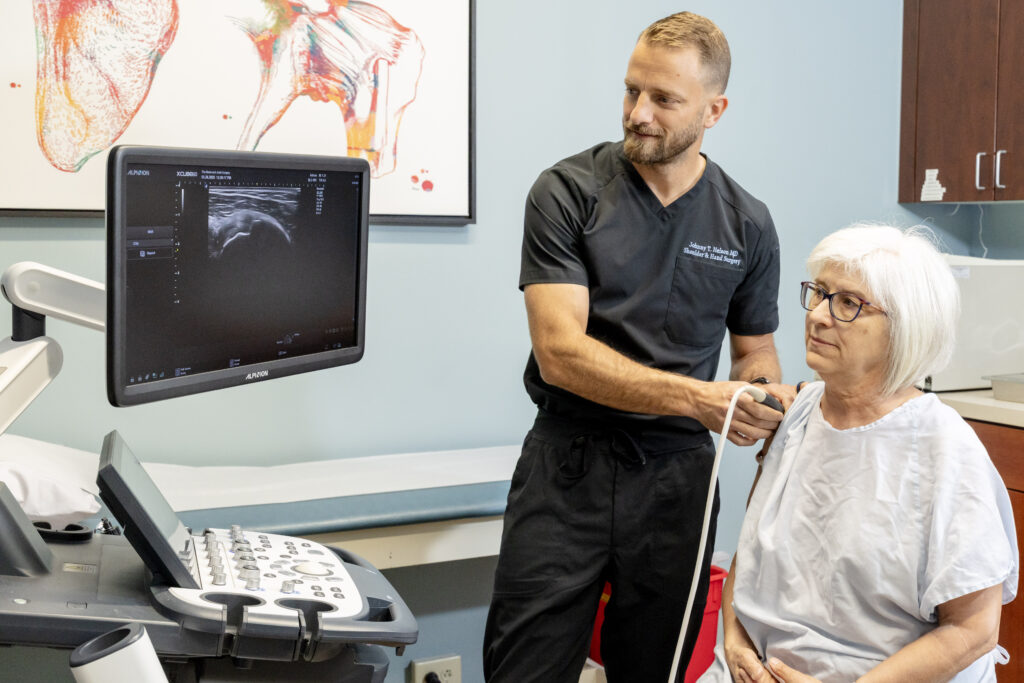
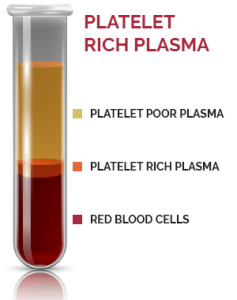
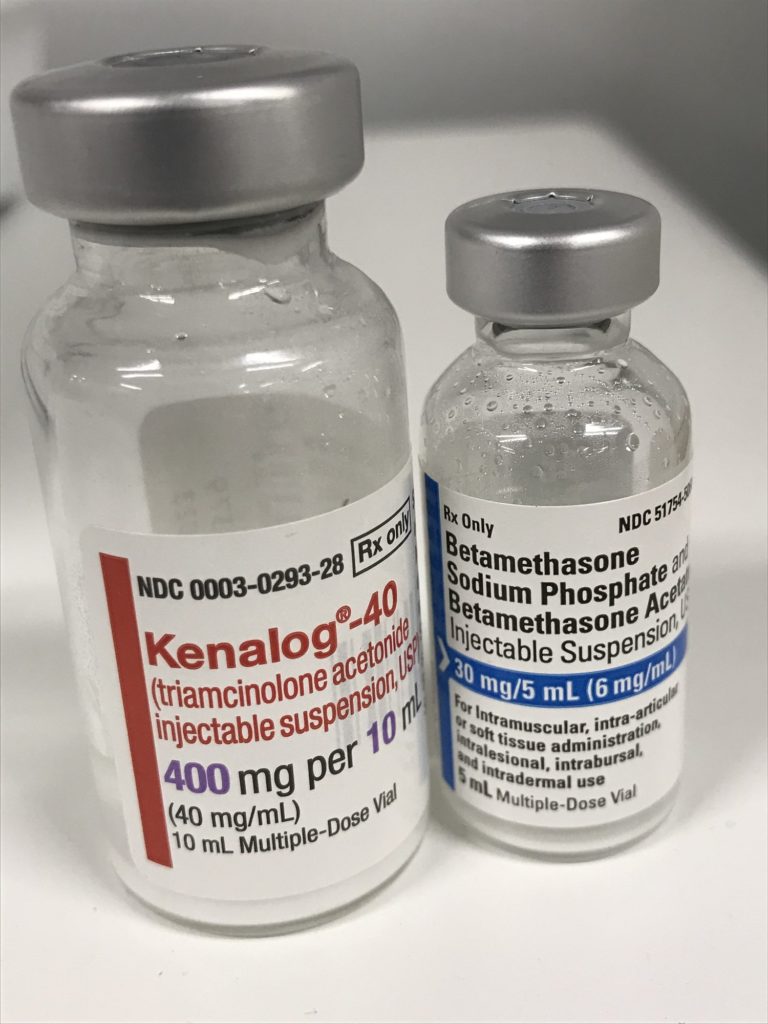
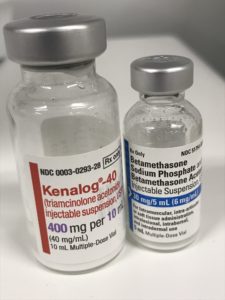
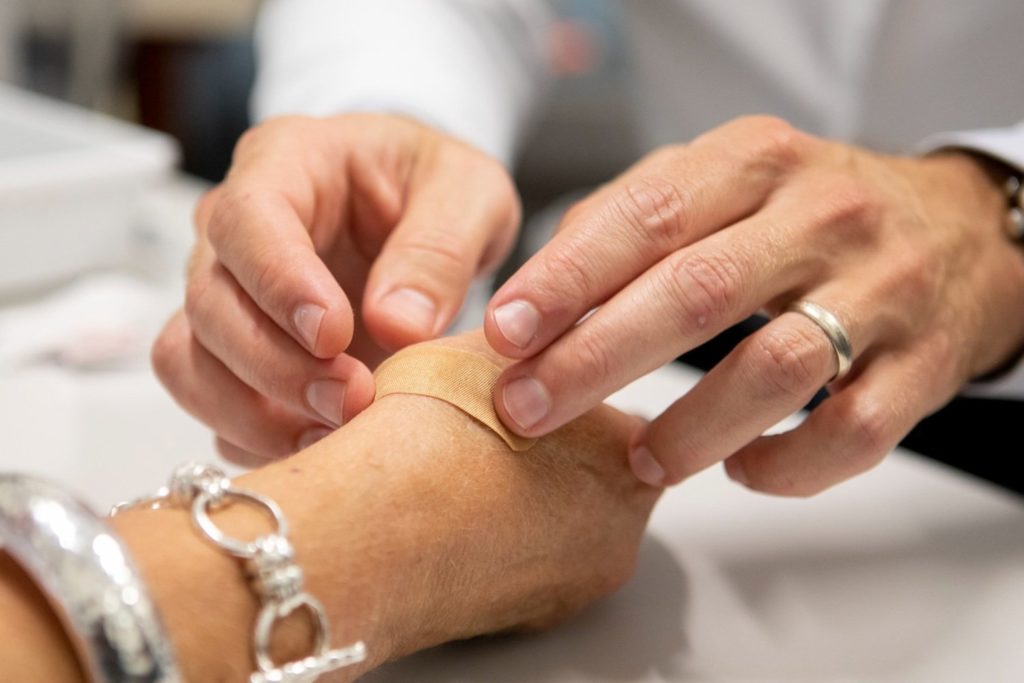
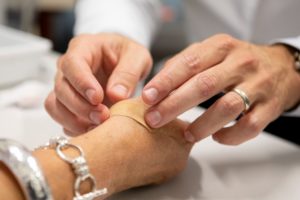 Will injections fix my shoulder, elbow, or hand problem?
Will injections fix my shoulder, elbow, or hand problem?
